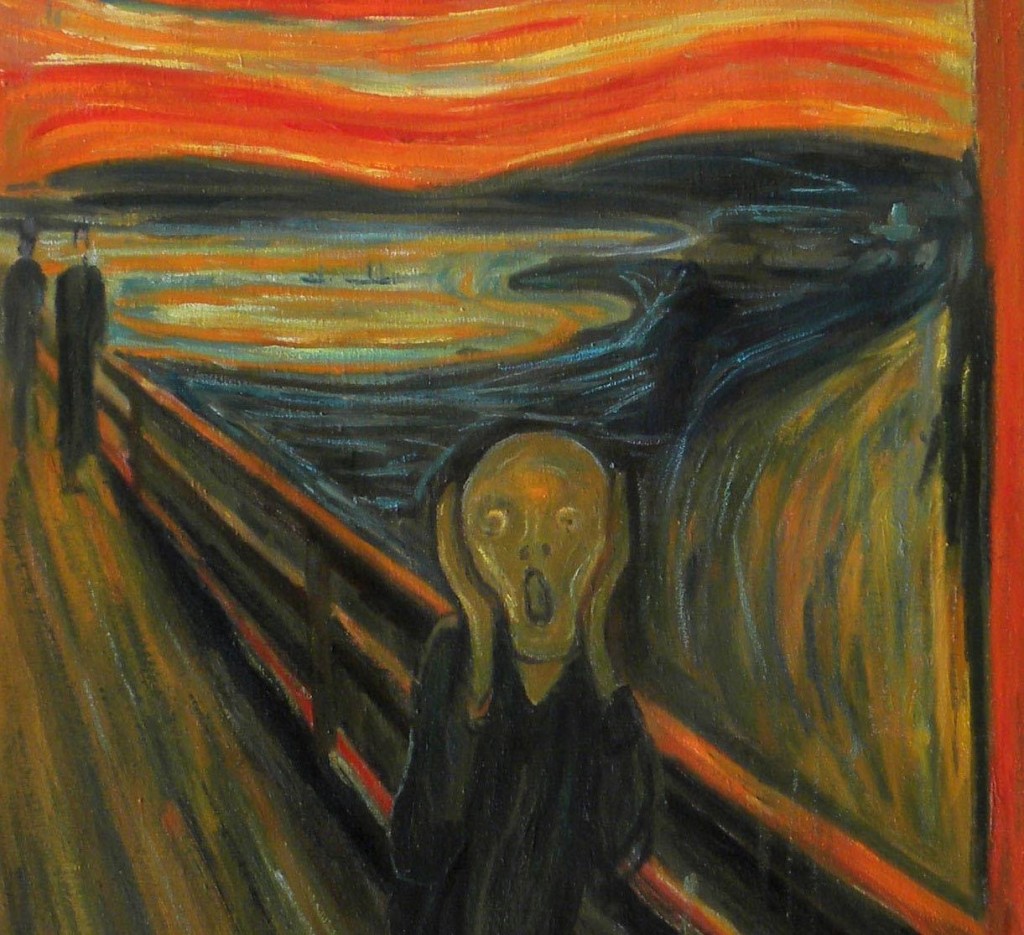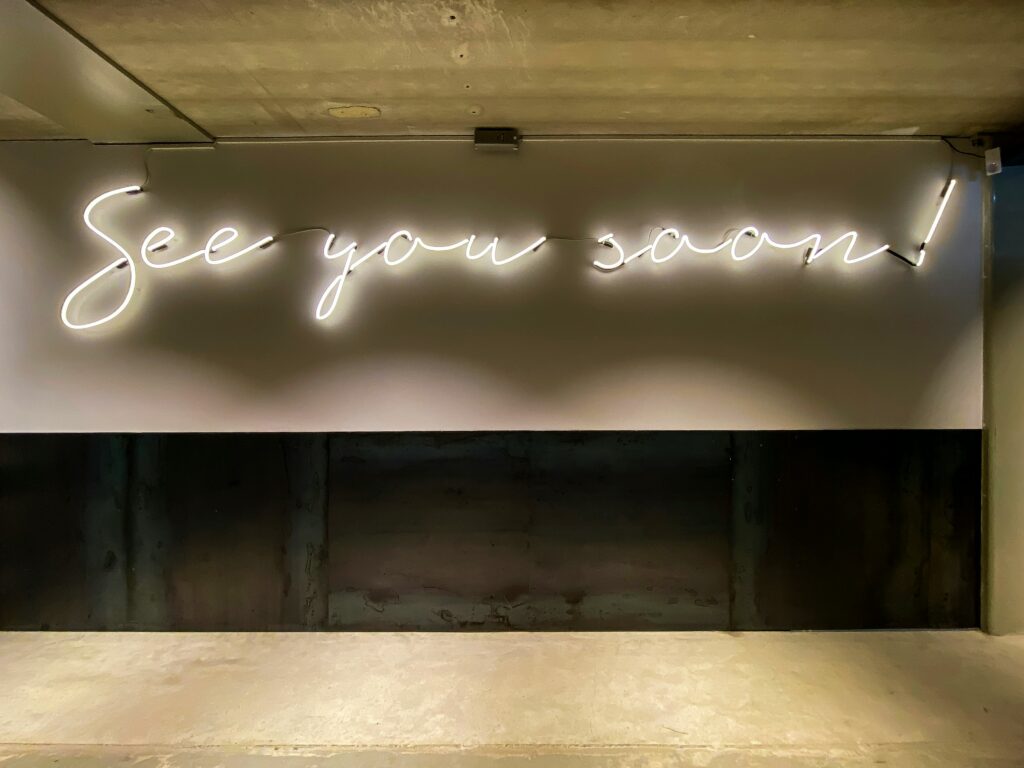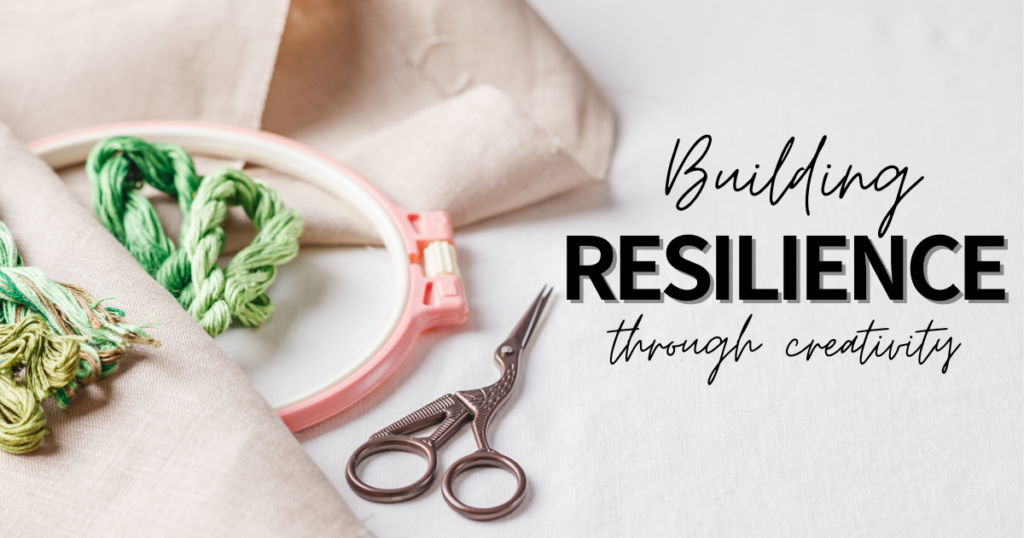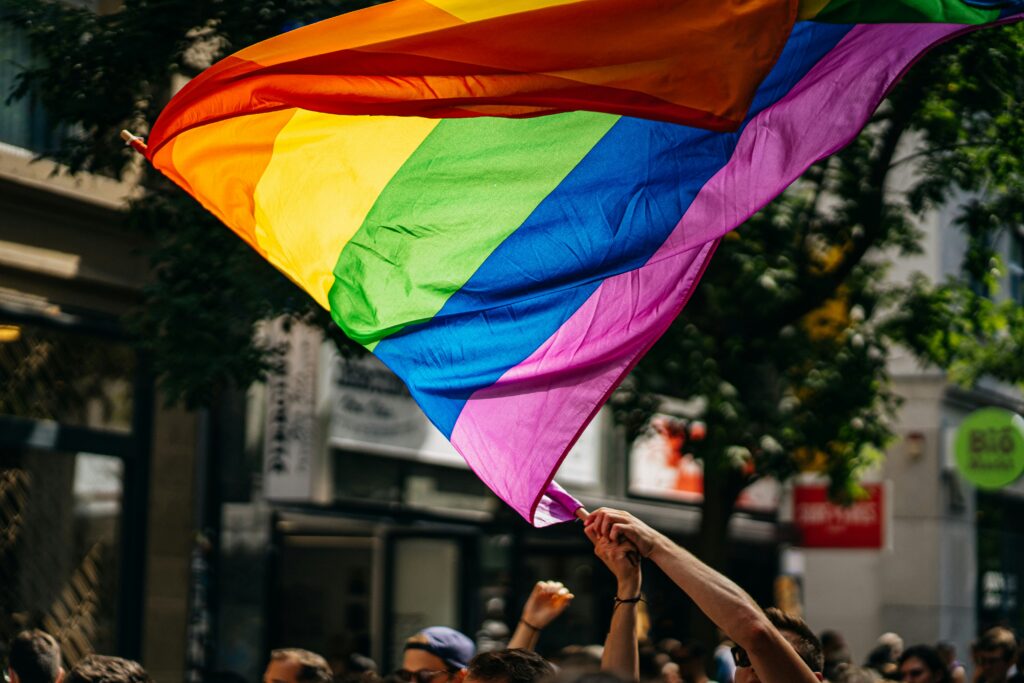(This post is the third of a series addressing emotions faced by young cancer survivors and how to cope with them. See Part I: Guilt here and Part II: Anger here.)
“The challenges and tasks of living with cancer are many. Perhaps most important of all these tasks is learning to live with uncertainty while maintaining a functional and optimal level of hope.” (Source)
I don’t remember the exact moment that I first felt afraid during my cancer journey. It might have been my initial biopsy, waiting for my pathology results, or my first radiation treatment. But I can tell you the last time I felt fear, because it was about five minutes ago when I felt a cramping pain near the lymph nodes of my neck. As many times as I’ve been reassured by my oncologist, every time I feel a pain or a twinge near where my primary tumor was located, I still get a pang of worry – wondering if it’s cancer again, spreading its way through my lymphatic system.
Fear during and after cancer doesn’t end with worrying about re-occurrences. Survivors may also have anxiety over their career or future, apprehension about how their treatment may affect their appearance, worries about fertility, fear over being stigmatized when others learn of their diagnosis, or – perhaps the most stressful of all – the fear that this disease may one day end in death.
These feelings of fear can return at anytime, but may be triggered upon certain events – like the anniversary of your cancer diagnosis or attending a follow-up scan. The National Coalition for Cancer Survivorship even suggests that these moments “may trigger survivor reactions that parallel those present in post-traumatic stress syndrome” like “re-experiencing the diagnosis and nightmares or flashbacks about the cancer experience.”
Livestrong suggests talking with your healthcare provider about your concerns and making sure to schedule regular follow-ups with your team of doctors. It may also be beneficial to speak to a mental health professional if you feel your fear is too difficult to cope with. MD Anderson’s cancer center proposes that a cancer survivor should return to a normal routine as much as possible, like participating in work or social activities.
For me, attempting to be mindful of my own symptoms as well as focusing on the positive aspects of my life has helped me not to dwell on being afraid (though don’t get me wrong, fear still rears its ugly head every once in awhile).
Have you experienced cancer survivor fear as a part of your diagnosis? What suggestions do you have that may help others who are dealing with cancer survivor fear?







